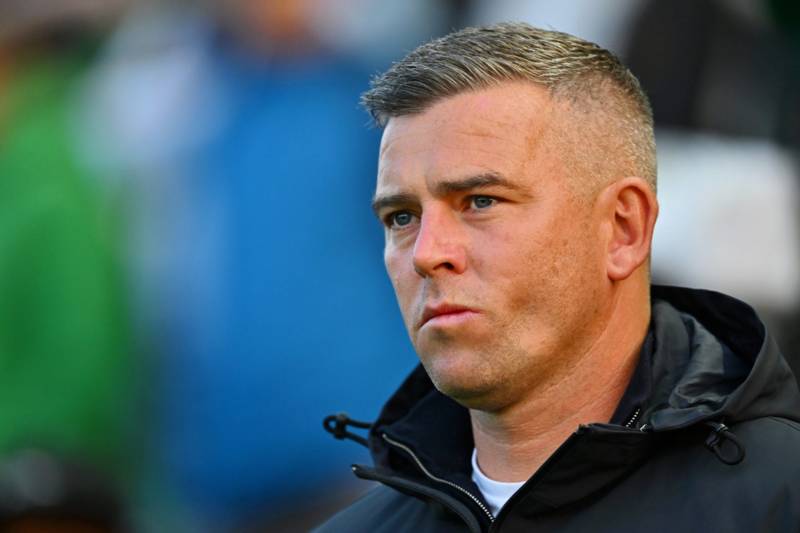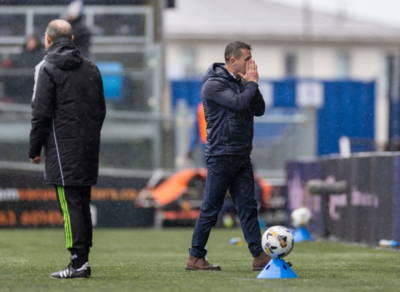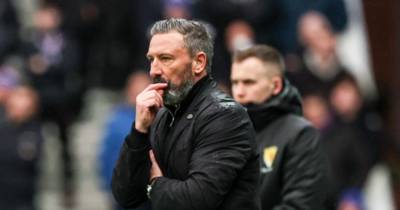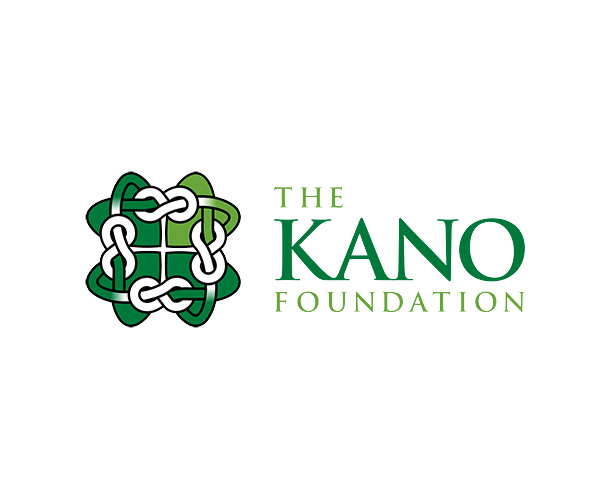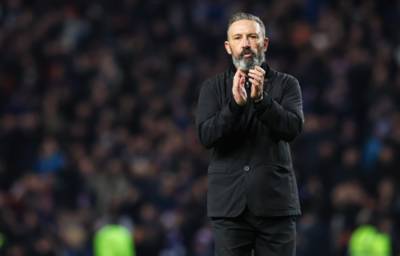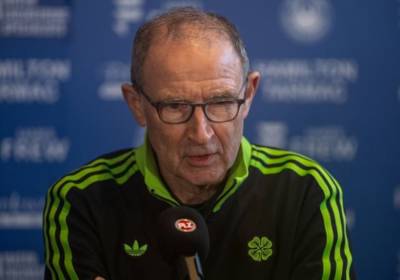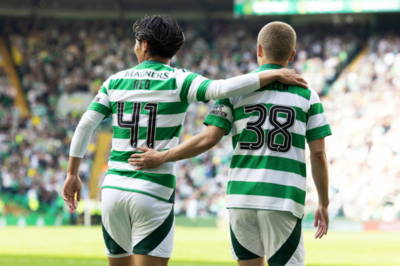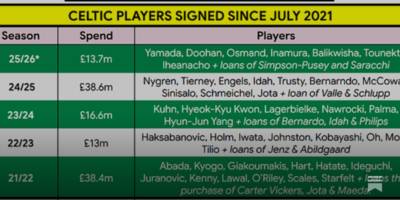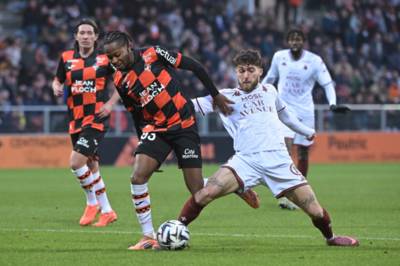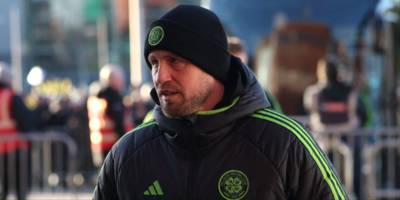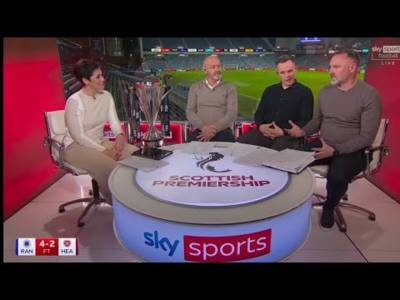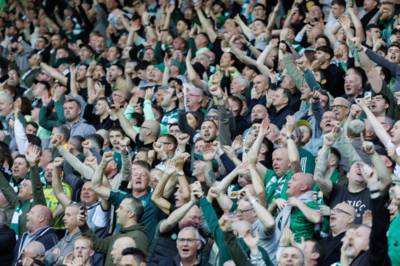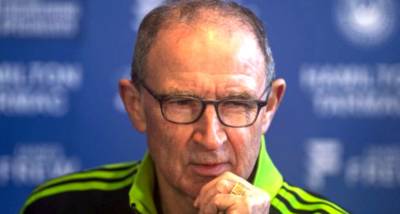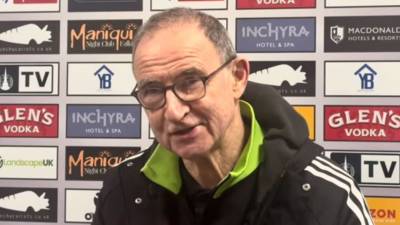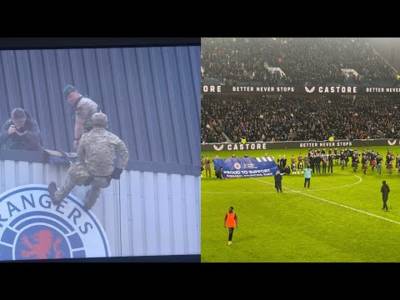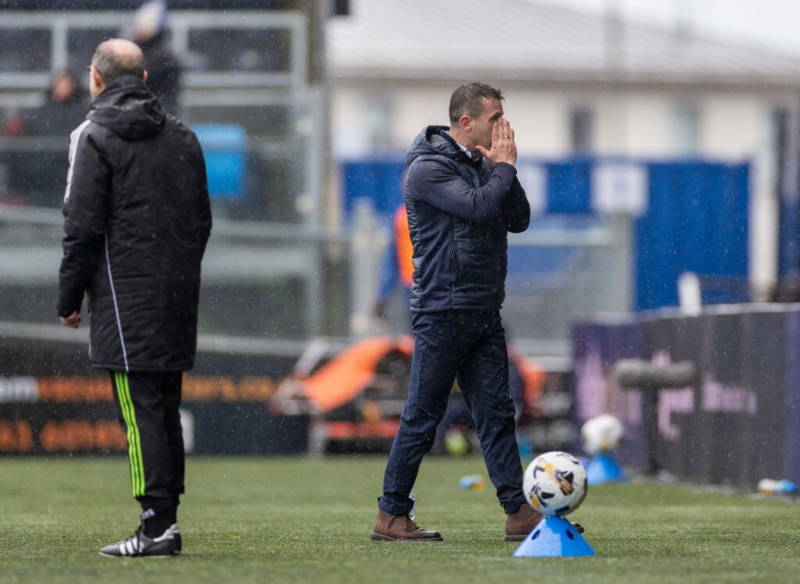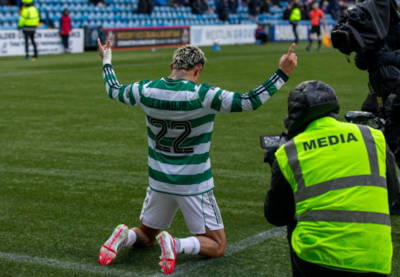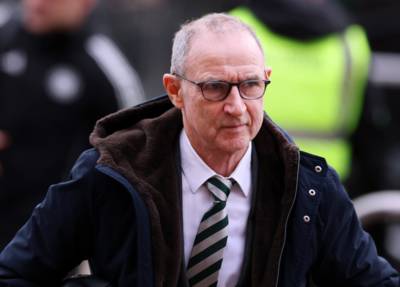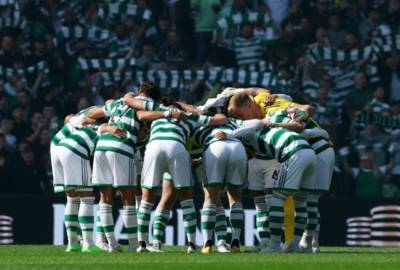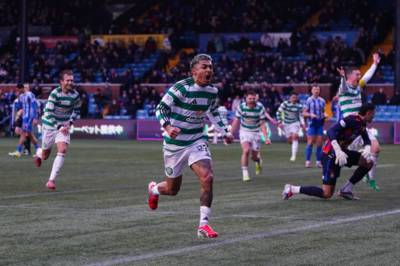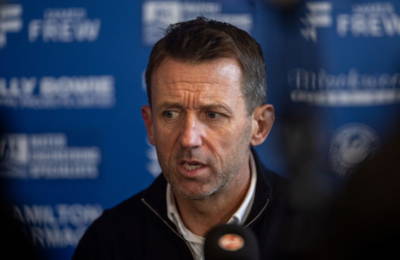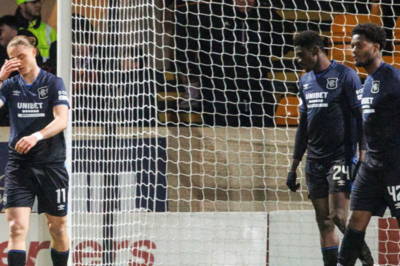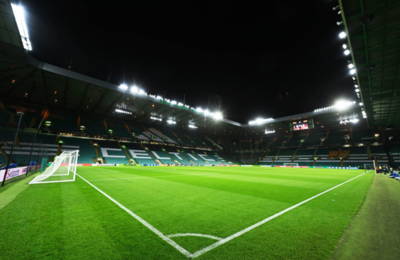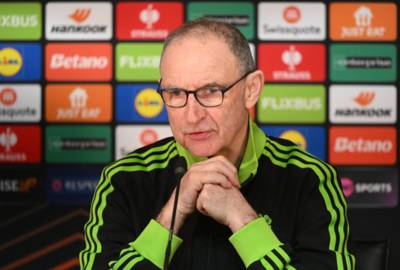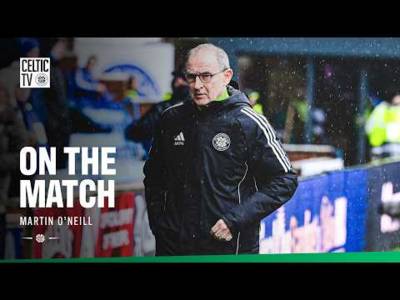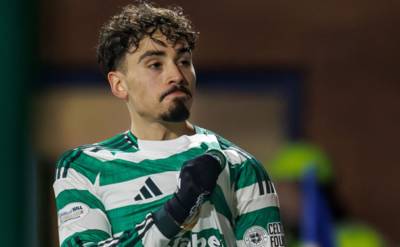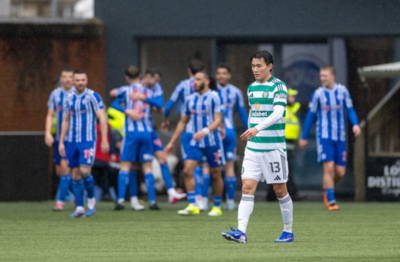He was born John Stein 102 years ago today on October 5, 1922, but would become known throughout the world as Jock, and then acknowledged as the finest manager Scotland has ever produced. It was Celtic’s good fortune that he forged his reputation in the East End of Glasgow, and it’s difficult to imagine how the club would have developed, or not, without the arrival of Stein as manager in 1965. However, at that juncture he was merely coming home to a club he had unexpectedly joined as a player 14 years previously. By 1965, he had already established himself as a manager of considerable promise, having guided Dunfermline Athletic to a Scottish Cup triumph in 1961, when they beat Celtic, before moving to Hibernian. But it was at Celtic Park that he truly made his reputation while, in turn, helping to make the modern-day Celtic. He was born in 1922 in Earnock amid the surrounding coalfields of Lanarkshire and, as was the way, he was almost immediately earmarked as part of yet more future fodder for the unwelcoming mines that criss-crossed the bleak landscape. He grew to serve his time as a young boy down the pits and those years helped mould the man he would become, but there was something that made him stand out slightly from the rest of the miners who hacked away at the coal seams. He was skilful with a football – not overly so, he wouldn’t be the greatest footballer the pit-fields of Lanarkshire ever produced, but he would certainly become the greatest ever manager to emerge from that environment. He had a rather plain, even mundane, playing career – at one point swapping the minefields of Lanarkshire and the majesty of Albion Rovers for the coalfaces of Wales and the splendour of Llanelly. That is, it was mundane until Celtic assistant trainer Jimmy Gribben, on the lookout for a mature player to help bring on the reserves, remembered ‘something’ about this cumbersome centre-half. He signed for Celtic in 1951, basically as fourth-choice centre-half and fate intervened when Jock Stein suddenly found himself in the first team. Not only did he keep his place but Lady Luck smiled on Celtic again when Sean Fallon suggested Stein be made captain – and so the mould was set. Silverware followed in the shape of the Coronation Cup in 1953 and the league and Scottish Cup double the following year but fortune blew through Celtic Park once more when Stein was injured against, of all teams, Rangers. That injury arrived on August 31, 1955 – just four days later on September 4, the very first European Cup game ever was played when the green and white hooped Sporting Lisbon took on Partizan Belgrade at the Estadio Nacional in Lisbon. You just couldn’t make this stuff up. Return from the ankle injury proved impossible and he turned to coaching the reserves – and this was true ‘coaching’, not mere training. He persuaded the club to purchase the Barrowfield training ground and set about coaching the youngsters – many of whom would come to fruition 10 years later in Lisbon. The restraints of reserve football couldn’t hold him though. He took up the hot-seat at Dunfermline, with whom he beat Celtic in the Scottish Cup final in 1961, and then Hibernian before the call came from Celtic Park once more in 1965.What followed would have been deemed ‘Fantasy Football’ by the long-suffering Celtic support who faithfully stood by the men on the field during the barren years… No fewer than TEN championships, nine of them all in a row, eight Scottish Cups and six League Cups, but perhaps the most significant facet of Stein’s Celtic was that they were feared throughout the length and breadth of Europe. That was marked by the pinnacle of all that success when the Celts beat Inter Milan 2-1 in the European Cup final of May 25, 1967 in Lisbon. The success was as astonishing as it was unexpected and still stands as the greatest period in the club’s history. There are three definitive eras in Celtic’s history – the success-strewn decades of the early days, the years of decline and the return to glory – if it weren’t for Jock Stein we could still very well be in the second phase and not knowing if we were ever going to get out of it. Stein’s impact on Celtic is still being felt and it is right and fitting that a permanent memorial to Jock Stein should stand outside the front entrance of Celtic Park. The statue, of Jock holding the ‘big cup’, also records the incredible success he enjoyed as Celtic manager, and will be a reminder to future generations of Celtic supporters of the greatest manager the club has ever had. There have already been tributes to the Celtic greats, and outside Paradise, pride of place is now taken by a tribute to the man who made them great.
102nd Anniversary of Jock Stein’s birth
Celtic FC · Oct 5, 2024
102nd Anniversary of Jock Stein’s birth
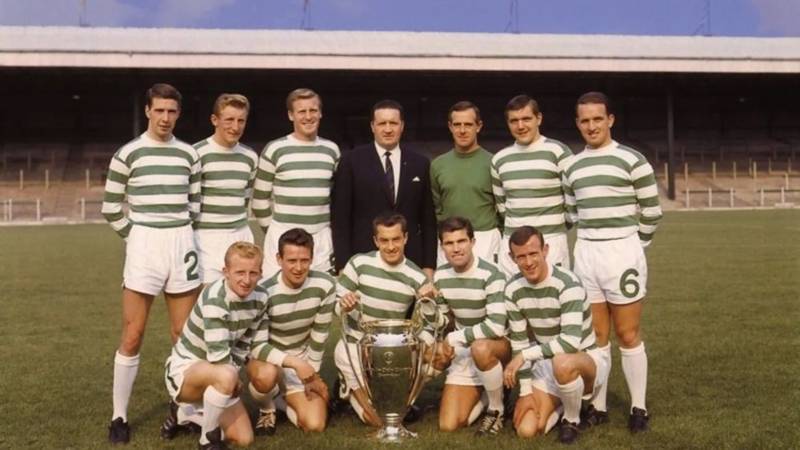
102nd Anniversary of Jock Stein’s birth
Read Next: Returning to the past could allow Celtic to build for the future
